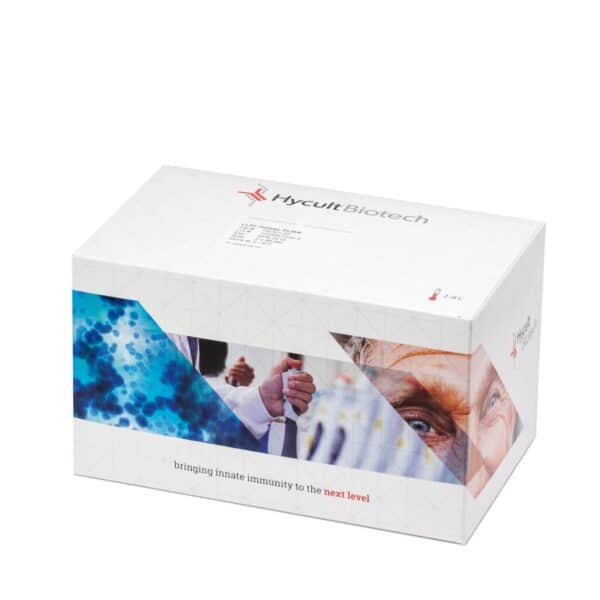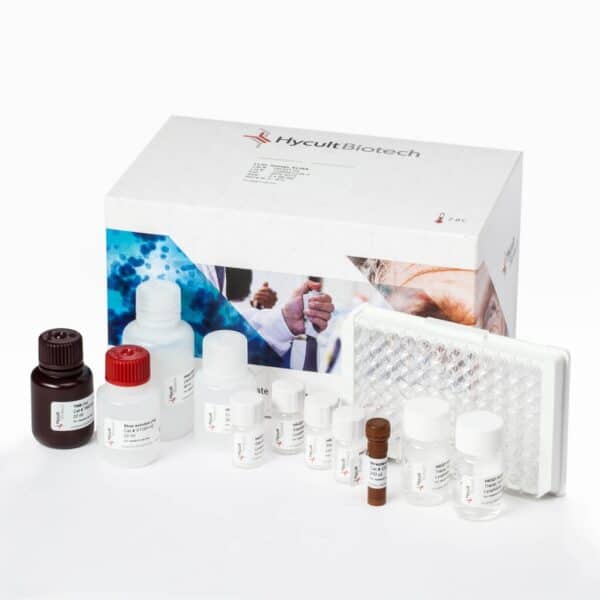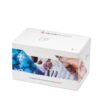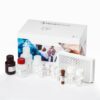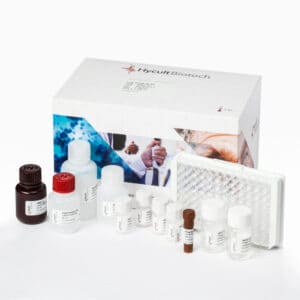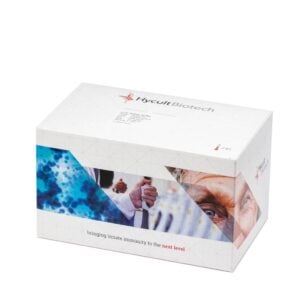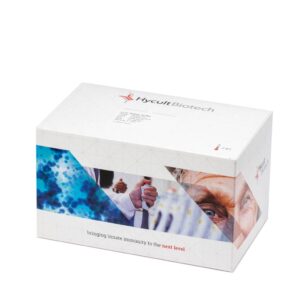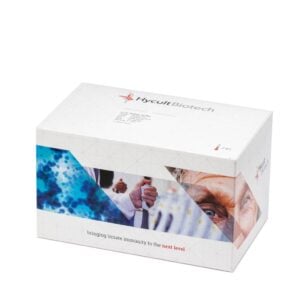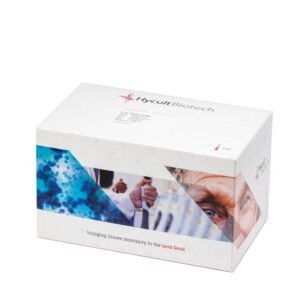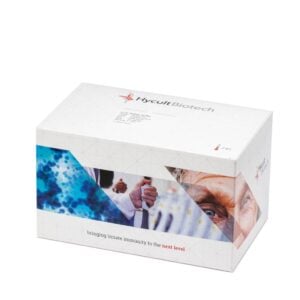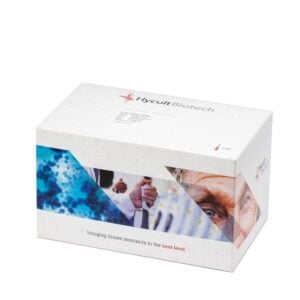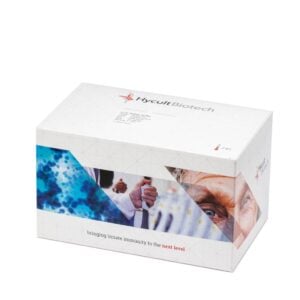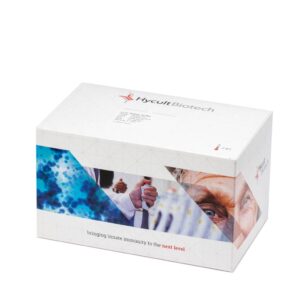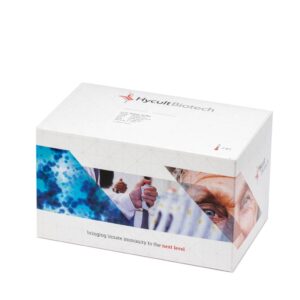BPI, Human, ELISA kit
€688.00 – €1,127.00
The antimicrobial protein BPI (Bactericidal Permeability Increasing protein) is a 55 kDa protein found in the primary (azurophilic) granules of human neutrophils and has also been detected on surface of neutrophils, small intestinal and oral epithelial cells. BPI is a bactericidal compound that is present in polymorphonuclear cells (PMN) and in lower levels in the specific granules of eosinophils. BPI possesses high affinity toward the lipid A region of lipopolysaccharides (LPS) that comprise the outer leaflet of the gram-negative bacterial outer membrane. Binding of BPI to the lipid A moiety of LPS exerts multiple anti-infective activities against gram-negative bacteria: 1) cytotoxicity via sequential damage to bacterial outer and inner lipid membranes, 2) neutralization of gram-negative bacterial LPS, 3) opsonization of bacteria to enhance phagocytosis by neutrophils. Airway epithelial cells constitutively express the BPI gene and produce the BPI protein and, therefore, BPI may be a critical determinant in the development of LPS-triggered airway disease. Inflammation induced by LPS possibly contributes to the development of rapid airflow decline, a serious and often fatal complication of hematopoietic cell transplantation. Furthermore, a 21 kDa bioactive recombinant fragment of BPI, rBPI21, was shown to confer a survival advantage against invasive pneumococcal disease by binding to the gram-positive bacterial pathogen, pneumolysin. In plasma of healthy individuals BPI is present at levels of <0.5 ng/ml, which increases approximately 10-fold during acute phase responses.
